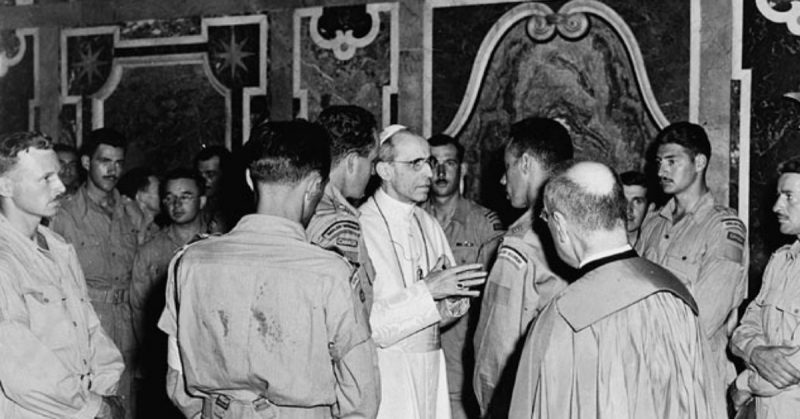The Vatican and some other supporters hold that Pius XII worked “quietly behind the scenes” to save as many Jews as he could.
How did World War II-era pontiff Pope Pius XII react to the Holocaust?
Over the years that followed the fall of the Third Reich, several controversies swirled around Pope Pius’ attitude towards the Holocaust, which had occurred during his time. Some people argue that he was completely silent and inert in the face of Hitler’s abominations.
Others argue that while the Pope clearly didn’t do enough to save the Jews, he did try as much as he could, quietly.
All information concerning this was documented by the Vatican. The current pontiff, Pope Francis, has announced early this week that access to the secret archives on Pope Pius XII would soon be granted to historians and researchers.
The reign of Pope Pius XII began in the years of the Second World War. WWII is the bloodiest conflict in history, and one of the events that made it so is the Holocaust, which involved the industrialized mass execution of millions of people, particularly Jews, by Adolf Hitler’s regime.
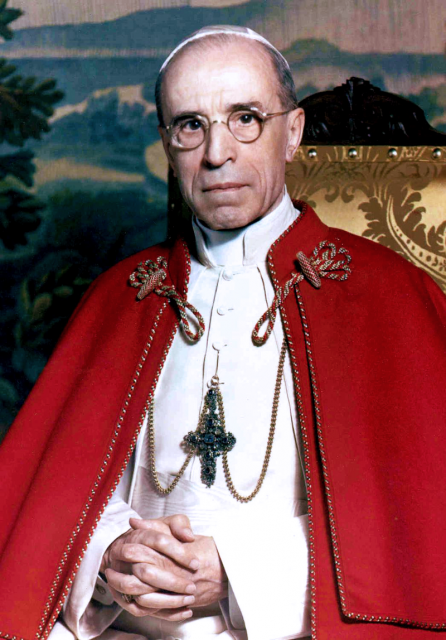
Pius did get involved diplomatically in a bid to help victims of the Nazi genocide. Even though the Nazis accused him at the time of sympathizing with the Allies and dishonoring his policy of Vatican neutrality, several post-war critics accused Pius XII of being overly cautious in his dealings in regard to the Holocaust, “not doing enough,” or even showing complete “silence” in the face of the epic tragedy.
The Vatican and some other supporters hold that Pius XII worked “quietly behind the scenes” to save as many Jews as he could and to prevent the situation from getting worse than it already was for many, including Catholics residing in German-held territories in Europe.
“The church is not afraid of history,” said Pope Francis, who then added that Pius XII’s legacy had seen substantial “prejudice and exaggeration.”
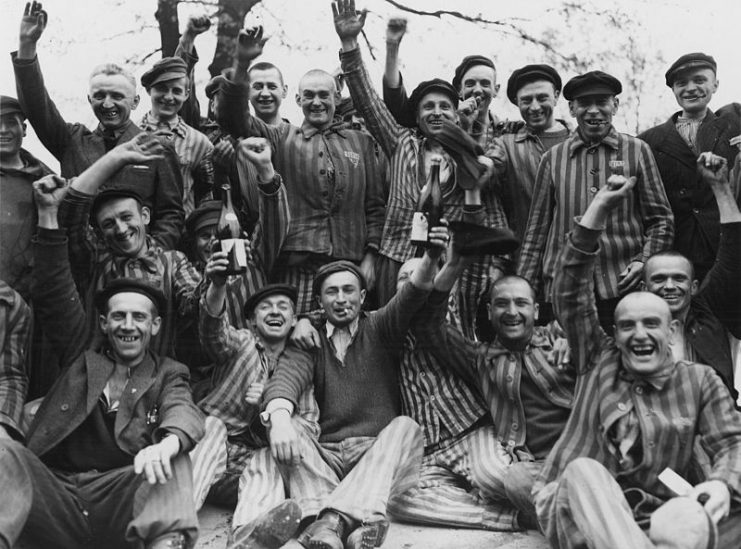
The papal archive contains tens of thousands of documents about the era of Pope Pius XII. Normally, papal repositories are made public 70 years after the death of a pope, and should thus be opened in 2028.
However, following Pope Pius XII’s achievement of Venerable status on his journey toward sainthood in 2009, several Holocaust survivors and researchers have persistently mounted pressure on the Vatican to release the archives so that more light could be shone on the engagements of the pontiff during those trying times.
Pope Francis decided that the papal repository would be open to researchers on March 2, 2020, which is the 81st anniversary of Pius’s election. This move garnered widespread commendation by both academics and Jewish organizations.
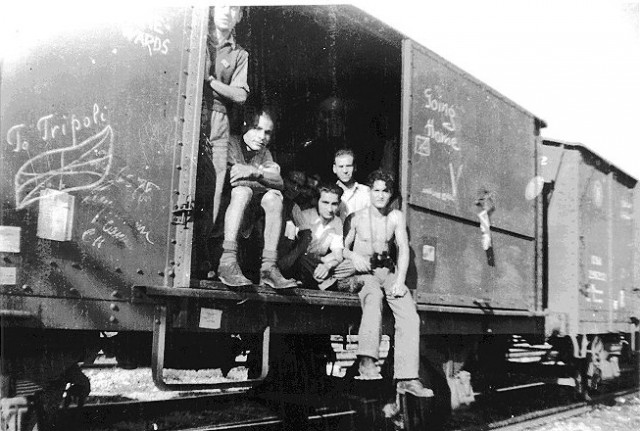
Among the notable people commending the decision is Susan Zuccotti, author of Under His Very Windows: The Vatican and the Holocaust in Italy. She said the Pope Francis’ decision will allow fresh insights into Pope Pius’ opinions, fears, possible biases, and his priorities with respect to the Holocaust.
Historian and retired professor at Rome University La Sapienza, Anna Foa, opined that while the archives remained hidden from the public eye, scholarship about Pope Pius has been torn between competing legends. Opening the archives ahead of schedule would be a sign of greater transparency in Christendom.
Despite the widespread welcome of this move, there has unsurprisingly been rising skepticism over whether the archives would actually clear the air around the controversial legacy of Pope Pius XII. But Bishop Sergio Pagano, director of the Vatican Secret Archive, said that the opening of the archives would allow researchers to investigate Pope Pius’s papacy without prejudice, in all its realistic scope and richness.
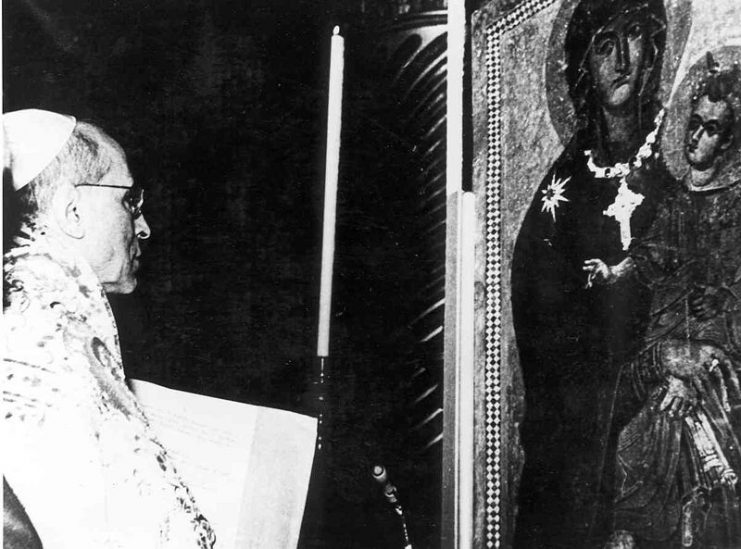
One of the world’s most notable Jewish groups, the American Jewish Committee (AJC) had something to say about this development.
According to Rabbi David Rosen, the AJC’s international director on interreligious affairs, this move is a very important aspect of Catholic-Jewish relations. According to him, the AJC has spent decades pressing the Vatican to make the wartime repository public while some victims of the Holocaust are still alive.
In the Rabbi’s opinion, this would bring to light both the failures and valiant efforts made by the accountable parties, in those dark times when over six million Jews were murdered.
